As a dog owner, you’re likely aware of intestinal parasites, although you may not know all the ins and outs of each type. One such parasite, Giardia, is a serious threat to dogs, cats, livestock, wildlife, and people, as the various strains can infect different species, resulting in severe gastrointestinal (GI) issues.
If your pooch contracts Giardia from contaminated water, soil, items, or other pets, your dog may experience foul-smelling, pale diarrhea with mucus. Your four-legged friend may also become lethargic, have a decreased appetite, and vomit. These signs can appear to resolve, only to recur.
Diagnosing and treating giardiasis is a challenge, because Giardia organisms are not shed in every stool sample. Additional Giardia antigen testing is often necessary for an accurate diagnosis. When treating giardiasis, you must ensure your dog completes the full deworming medication and antibiotic course. In addition, you must rid your pooch’s environment of the parasite and frequently bathe your furry pal to eradicate infectious cysts and prevent reinfection.
No matter your pooch’s lifestyle or home environment, any dog can easily contract Giardia. Our Companion Care Animal Clinic team shares the stories of three unlucky pups who tangled with Giardia.
Fifi’s brush with Giardia
Fifi is a pampered Pomeranian princess whose pristine paws rarely touch the dirty ground. Her plush coat was kept in perfect condition with regular spa days at a luxury grooming parlor, and Fifi never missed an appointment. However, her groomer broke her arm, causing a major disruption in Fifi’s grooming schedule. Desperate for a trim, Fifi visited several other doggy grooming facilities, experiencing botched haircuts, and suffering the horror of being kenneled while waiting her turn.
As a pampered pooch, Fifi often ate at the table with her owner, sampling a variety of foods such as juicy steaks and bacon-wrapped asparagus. Because of her diet, Fifi occasionally experienced diarrhea, and her owners became accustomed to these sporadic episodes. Therefore, they didn’t realize that Fifi had developed an underlying parasite problem after her grooming fiascoes. Fifi’s owner had brought her to a facility that lacked appropriate disinfection methods. She was groomed with the same instruments and kenneled in the same area as a Giardia-infected dog. As a result, Fifi contracted the intestinal parasite and experienced pale, malodorous diarrhea with excessive flatulence and abdominal pain.
Chester’s Giardia-gifting playmate
Chester, a mutt of unidentified parentage, is an excellent family companion and champion couch warmer. He spends most of his days romping with the kids in the backyard, and his nights curling up on the sofa while the family watches their favorite show together. Occasionally, Chester has a playdate with Miller, a friendly golden retriever. Other than his forays into the backyard with his sole canine friend, Chester is very much a homebody and prefers his family’s company over all else.
Despite never visiting a dog park, pet store, or doggy daycare facility, Chester was exposed to Giardia because his doggy friend Miller visited those places and transported the parasite to his yard. In addition, while greeting and wrestling with his playmate, Chester could have easily ingested infectious cysts clinging to Miller’s fur. When Miller left fecal matter in the yard, it could also easily cause Chester to contract Giardia. Fortunately, the Giardia strains that infect dogs do not typically choose people as their host, so Chester’s and Miller’s family members were safe from infection.
Ranger’s roving reaps Giardia reinfection
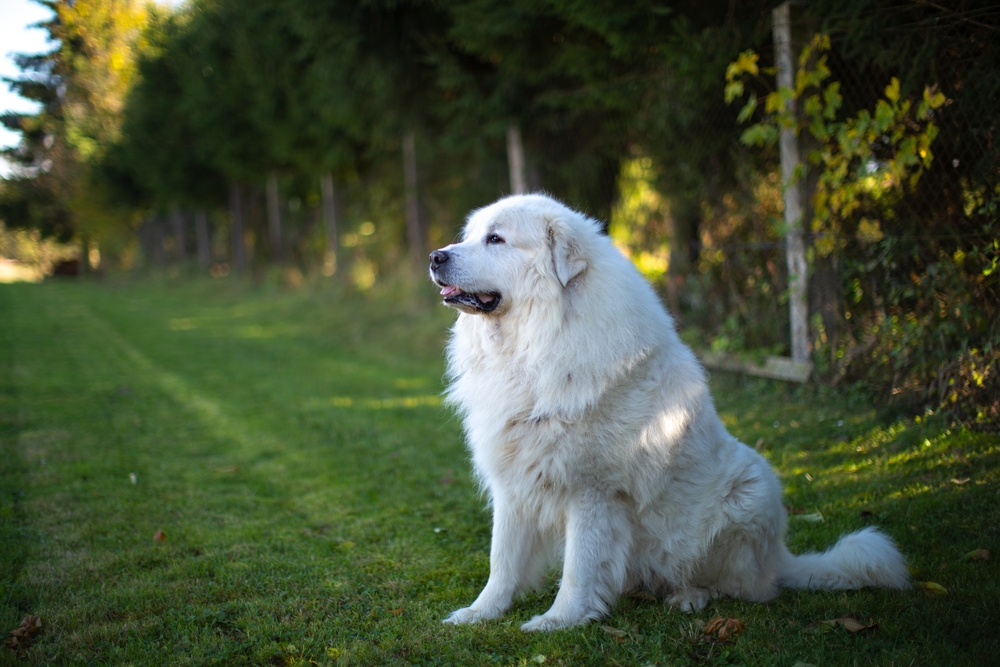
Ranger is a Great Pyrenees livestock guardian dog, who lives to get down and dirty doing his job. During the day, he watches over his flock, ensuring the lambs stay close to their mothers and away from the pond. Each night, Ranger beds down with the sheep, remaining on high alert and patrolling the pasture as needed to keep his flock safe.
Preventing Ranger’s reinfection was a considerable challenge for his owners. Because Giardia cysts are immediately infectious, Ranger could easily reinfect himself as he patrolled the same pasture, trodding on contaminated soil and grooming his paws. To keep Ranger from continuously reinfecting himself with Giardia, the entire flock was moved to a new pasture. This new location was free from stagnant water, and had not been inhabited in quite some time. By providing Ranger with fresh water, ensuring his environment was free of contamination, and trimming his hind-end fur short to discourage cysts from attaching, his owners managed to break the reinfection cycle.
Giardiasis can cause serious GI and nutrient absorption issues for your four-legged friend. In addition, foul-smelling diarrhea is difficult to clean out of carpets. Ensure your dog is safe from Giardia by scheduling regular fecal exams with our Companion Care Animal Clinic team.


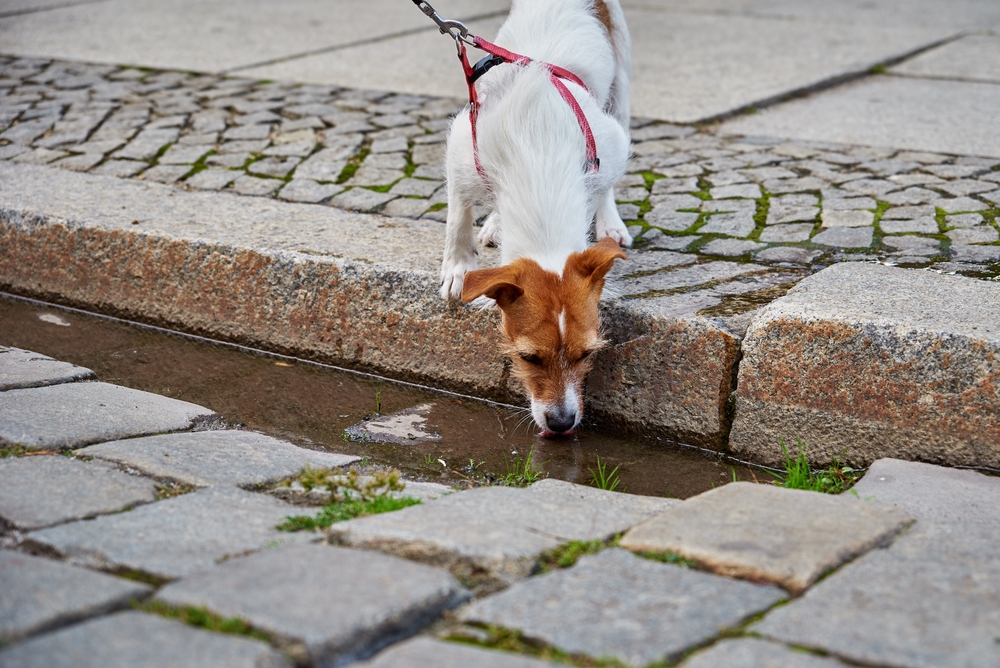
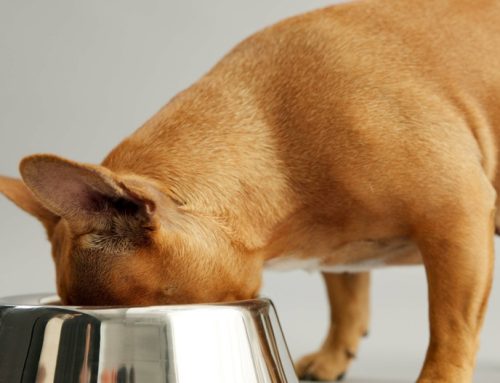
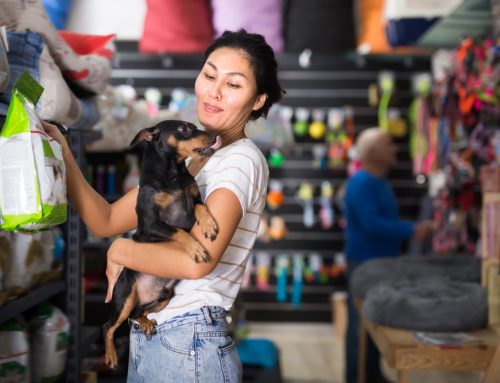
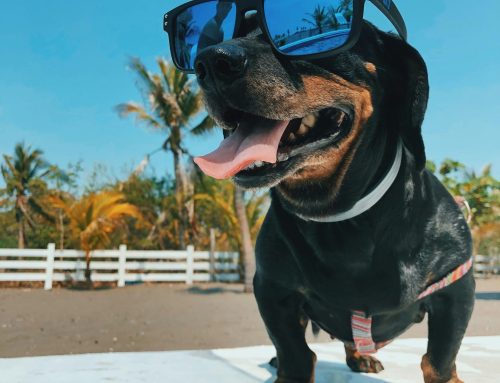
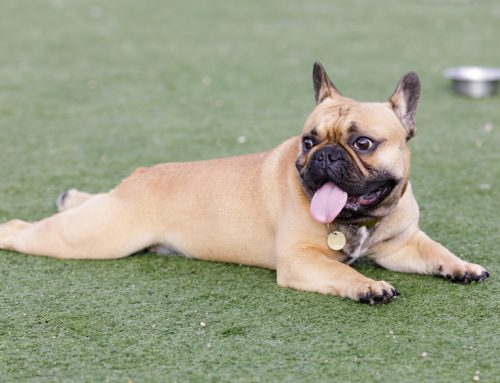
Leave A Comment